
Many of us have heard some of the horror stories of puppy mills.
News programs describe the unsanitary conditions, the
uncontrolled breeding and the poor condition of the animals.
Congress has responded by introducing a billed called the Pet
Animal Welfare Statue of 2005. This bill is an amendment to the
Animal Welfare Act. It’s in the Senate as bill S1139 and in the
House as HR2669. Currently this bill is in the Senate Committee
on Agriculture, Nutrition and Forestry’s Subcommittee on
Research, Nutrition and General Legislation. Its most recent
hearing on this bill was held on November 8.
On the surface one would think that this bill is a good thing.
However, after taking a closer look clearly this bill is
designed to do more than regulate the poor conditions of puppy
mills. In fact this bill reaches breeders of all types including
hobby breeders. Rabbits are included in this legislation, and if
you are a rabbit breeder you should take note of this bill.
Current Animal Welfare Act Regulations
Currently the sale of pets for anything other than food or fiber
is a regulated activity. The sale of pets directly to owners is
however exempted from those regulations. As a rabbit breeder if
you sell your rabbits as pets directly to a consumer you are not
under the current legislation and are therefore not required to
obtain a USDA license. This is called the retail exemption.
There is some gray area regarding the sale of your stock to a
breeder or selling as a show animal. Under current legislation
it is likely that those sales would fall under the same rules as
a pet sale. Breeders that choose to sell directly to pet stores
do fall under the guidelines of current legislation and are
required to obtain a license from the USDA.
What Changes Does PAWs Make?
Under new legislation the retail exemption described above is
removed. The proposed licensing threshold for all species except
for dogs and cats is sales of $500. The limit for dog and cat
sales is 25 animals. This alone shows a huge disparity in this
bill. It is not uncommon to see pure bred dogs for sale in news
papers for $300 and up. Meaning a dog breeder could have sales
of $7500 just at $300 per animal, while rabbit breeders would be
limited to $500. Considering that good quality show rabbits will
often sell for over $100 that would limit most breeders to just
one or two litters.
The problem becomes the USDA regulations that accompany not only
obtaining, but in keeping the license. There are over 80 pages
of regulations related to obtaining the USDA license. An
inspection is required for the license. Currently, the USDA is
understaffed, and complaints are often received concerning,
inconsistent application of the regulations by the various
inspectors.
Some of the regulations would make it virtually impossible for
the rabbit breeder to keep breeding. For example, under USDA
regulations someone over the age of 18 must be present at your
facility for unannounced inspections between the hours of 7am -
7pm Monday thru Friday. Imagine having to pay a staff to be
present when you’re not. Add that to the fact that rabbit
breeders rarely show a net profit and you can already see a
portion of the problems this legislation will cause for rabbit
breeders.
I think most of us have treated our rabbits for various ailments
without taking them to a veterinarian. We have either talked to
other local breeders, or visited rabbit forums and found the
answer for the problems our stock has had. I have yet to have
any complications from any treatment my rabbits have received.
Can you imagine the cost of having to take those animals to a
vet, better yet imagine the cost of having the vet come to your
facility every time an animal is ill? Under USDA regulations
that is exactly what you would be required to do. You would have
to have a formal agreement with a veterinarian to come to your
facilities to not only treat but also monitor your rabbits. I
have taken rabbits to the vet as necessary, but not with every
problem.
A USDA license would make your rabbitry a retail establishment.
This means that you may be required to get zoning approval by
your local government. Depending on where you live this might
not even be possible. Certainly, if you live in most residential
communities, you would be forced out of breeding. Some breeders
may try to go “underground”, but the USDA plans to require all
animals under its legislation to be required to be in its
National Animal Identification System by 2009. It will track
every animal for birth to death making it virtually impossible
to sell even if underground.
As you can see already this legislation would cause an abundance
of paper work. We keep very good records of everything that
happens in our rabbitry, however the additional requirements for
USDA licensing would require us to either devote more time to
what is just a hobby, or hire someone to do the extra work.
Again, how many of rabbit breeders actually make money?
Of course the USDA has certain facility requirements as well.
Your rabbitry would have to be waterproof, which would virtually
eliminate barns with dirt floors, barns with unfinished or wood
walls, and housing of rabbits outside. Stainless steel sinks and
grooming tables may become necessary. Again this may be cost
prohibitive for many breeders. USDA requirements state that your
facilities must be such that they can be hosed out and
sanitized.
Transportation of regulated animals is also effected. Your
transportation must be commercially inspected and you must carry
commercial insurance on that vehicle. So much for traveling to
the rabbit shows!
Who Supports Paws
Who is the one of the biggest supporter of this legislation?
PETA (People for the Ethical Treatment of Animals). Here are a
few of PETA’s thoughts on rabbits. Rabbits should have food in
front of them 24 hours a day 7 days a week. Maybe they don’t
understand that having an overweight rabbit is unhealthy for the
rabbit. Nest boxes should remain in the rabbit cage until the
kits are 4 weeks old. Maybe they haven’t had to deal with the
eye infections that can occur as a result of this practice. Wire
floors are cruel to rabbits. Maybe they haven’t seen how quickly
unsanitary a cage can become when it has a solid floor.
Don’t be fooled by PETA’s name, there intent is to abolish pet
ownership all together. Here’s a quote from Ingrid Netwkirk,
director of PETA, “Pet ownership is an absolutely abysmal
situation brought about by human manipulation.” Here’s another
quote, “You don’t have to own squirrels and starlings to get
enjoyment from them … One day, we would like an end to pet
shops and the breeding of animals.”
What Can You Do?
I know many of you may be like me. I vote in nearly every
election, I often read about things that are happening
politically, but I rarely take action outside of voting. If you
are a rabbit breeder, you need to step out of that comfort zone,
or that hobby or business that you run may be greatly impacted
to the point that you can now longer breed rabbits.
As a minimum please email the members of the senate
subcommittee. You can go to this site and near the bottom of the
page is a link SAOVA
that will generate an email to all of the committee members.
Please be sure to include a polite message describing your
opposition to the bill. Be sure to include you name and mailing
address in the email. Or you may call the Agriculture Committee
at 202-224-2035 or the AG Subcommittee at 202-224-5270. You can
also visit Vote Smart to
contact your local representatives.
It is important that you take action quickly as the subcommittee
has already had its hearing on the matter. Because of the
misconception that this bill is only to eliminate puppy mills,
should this legislation get out of committee there is a good
chance that it will pass in congress. Working together we can
keep our hobby and passion for rabbits a viable opportunity for
all.
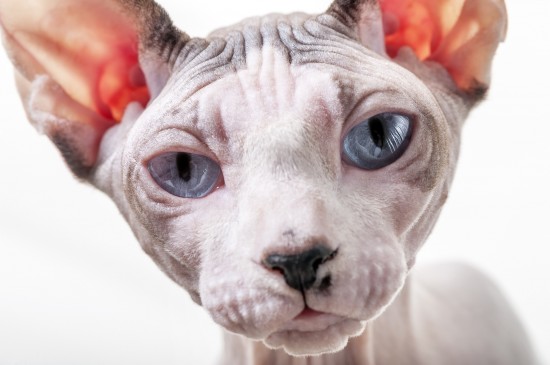 How To Make Sure A Sphinx Cat’s Skin Stays Healthy
How To Make Sure A Sphinx Cat’s Skin Stays Healthy
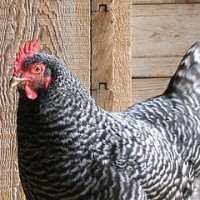 Chicken Coop Cleaning - Chicken Coop Flooring
Chicken Coop Cleaning - Chicken Coop Flooring
 How Safe Are The Treats You Offer Your Pet?
How Safe Are The Treats You Offer Your Pet?
 Ten Treatment Options To Keep Your Dog Free Of Fleas
Ten Treatment Options To Keep Your Dog Free Of Fleas
 How To Handle An Aggressive Chihuahua
How To Handle An Aggressive Chihuahua
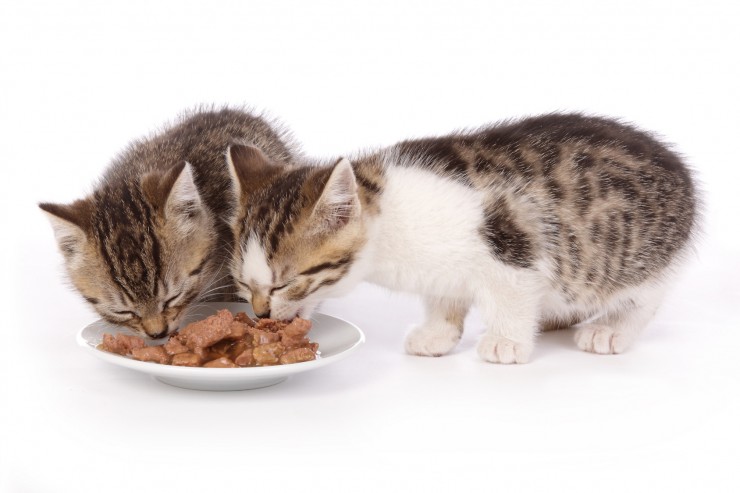 If You Are Planning To Breed From Your Cat Or Have Already Done So And The Time For Weani
If You Are Planning To Breed From Your Cat Or Have Already Done So And The Time For Weani
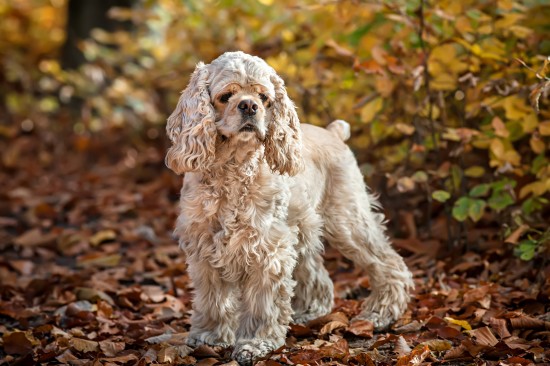 How The American Cocker Spaniel Became Recognised As A Breed In Its Own Right
How The American
How The American Cocker Spaniel Became Recognised As A Breed In Its Own Right
How The American
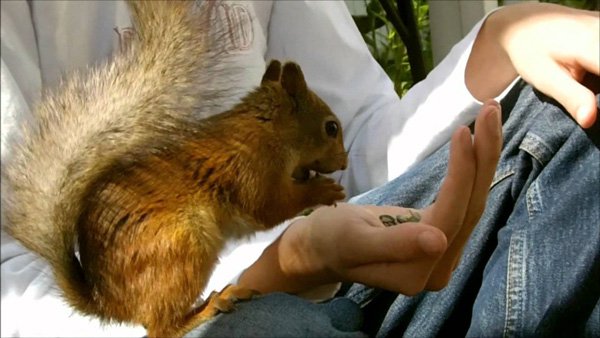 Providing very best training for dogs
Providing very best training for dogs
In Great
Providing very best training for dogs
Providing very best training for dogs
In Great
 Health Problems Common To The Doberman Pinscher Dog Breed
Health Problems C
Health Problems Common To The Doberman Pinscher Dog Breed
Health Problems C
 Obedience Training For Puppies - 6 Commands You Should Know About
Puppy quick training tips
An appropriate dog obedience
Obedience Training For Puppies - 6 Commands You Should Know About
Puppy quick training tips
An appropriate dog obedience
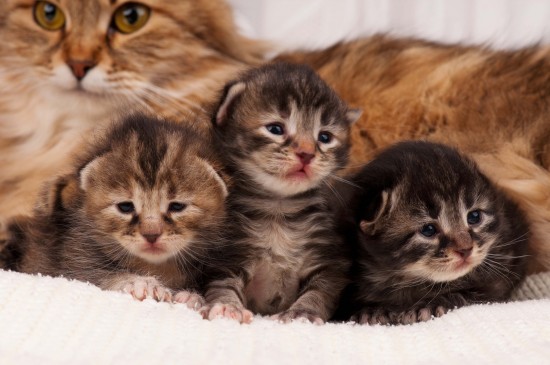 How Old Should Kittens Be Before They Leave Their Mother?
How Old Should Ki
How Old Should Kittens Be Before They Leave Their Mother?
How Old Should Ki
Copyright © 2005-2016 Pet Information All Rights Reserved
Contact us: www162date@outlook.com